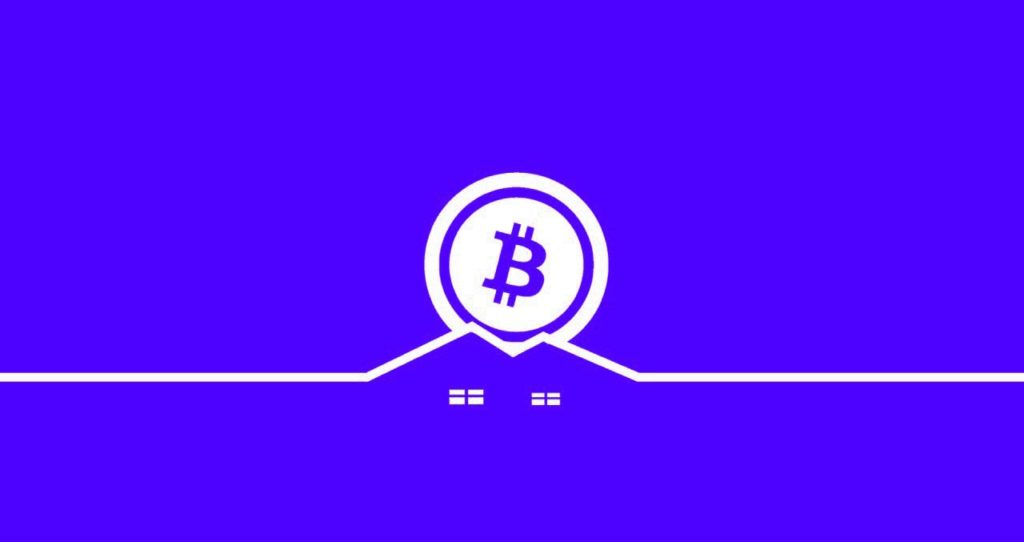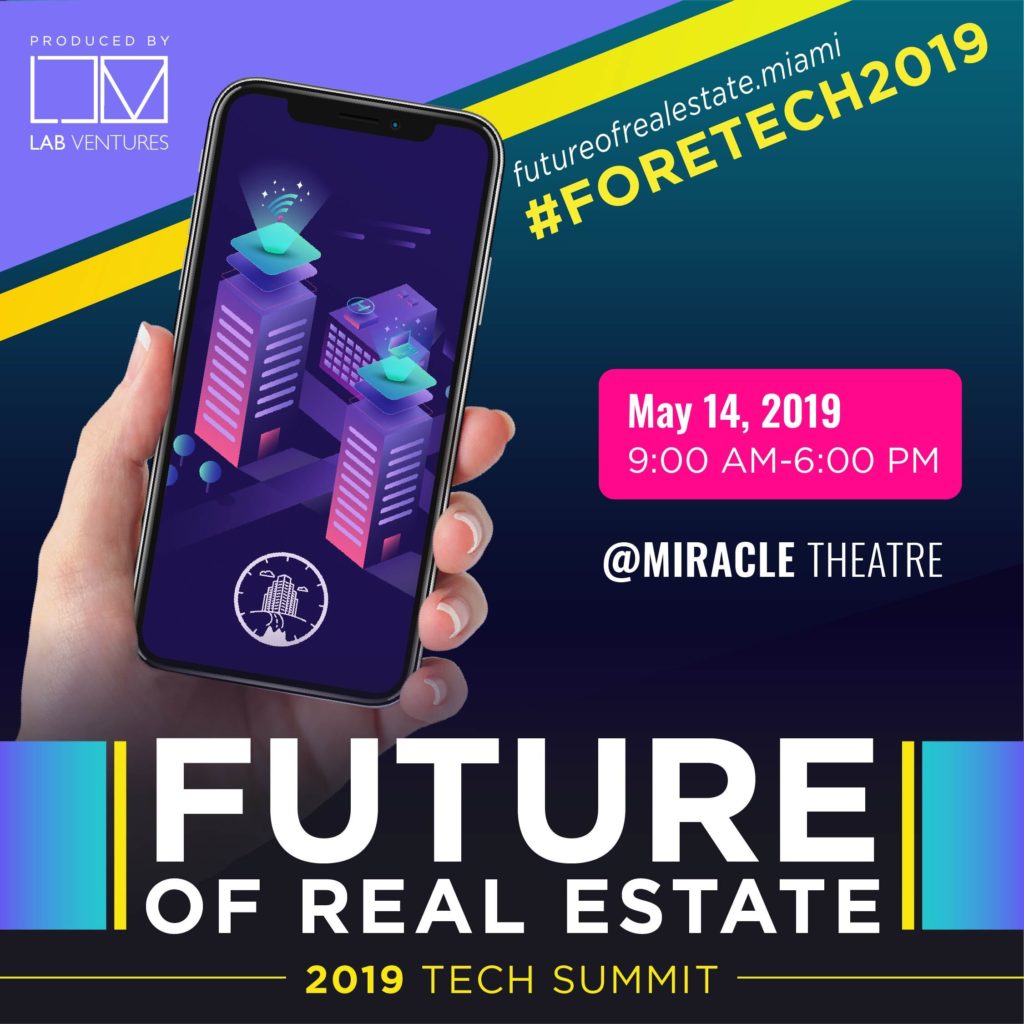
Blockchain is the latest in financial innovations, and it has taken industries and markets by storm. Its significant effect is also felt in the real estate sector. Whether “the storm” will pass or not, we do not yet know. However, with the 217 trillion-dollar market and its massive appeal to startups, it’s not safe to bet against blockchain. Due to the enormous popularity of distributed ledgers, investors and enthusiasts alike fantasize about real estate tokenization and STOs. However, do they really understand what these ideas mean? Let’s explore.
1. Liquidity
Real estate is lucrative, but it comes with an inconvenient drawback. The illiquid nature is a disadvantage for retail investors. If you have an emergency, you cannot easily sell your property for cold, hard cash. (I know, as I have tried to do it.) However, with real estate tokenization, liquidity becomes highly feasible, as tokens can be traded at secondary markets at any time of the day. Of course, we are still a long way from the ultimate vision for real estate tokenization, as the trading volumes in these secondary markets are quite low. So, although this benefit is promising in scope, it is still limited in practice.
OpenFinance and Templum are a few of the exchanges that exist.
2. Accessibility
The lucrative real estate sector is open to anyone for investment, but most of the deals are privatized or only shared by industry moguls and kept from public knowledge. Commercial real estate, multifamily housing, and trophy assets are just a few examples of the asset classes and deals that are kept close to the chest. Tokenization has the capacity to change this.
The go-to regulation for tokenization is Reg D, which mostly favors accredited investors. The rule 506 (b) (variation of Reg D) does allow non-accredited investors, but securities are limited to 35 shareholders, and there are other inconveniences.
The tokenized security holy grail is Reg A+, which allows non-accredited investors to participate. However, the SEC is reluctant to approve these offerings. The first sets of tokenized projects applied for Reg A+ as early as mid-2017, and they are still awaiting qualification. In comparison, a Reg A+ pre-qualification process for a traditional non-tokenized offering usually takes 2-3 months.
The premier project that received the long-awaited Reg A+ qualification by the SEC was StartEngine, in March of 2019. It took six revisions of the preliminary offer proposals for the project to get approved, and it occurred after almost every reference to the tokens and the smart contracts had been removed. Even more, StartEngine amended its Certificate of Incorporation and reclassified its “Series Token Preferred Stock” as “Series T Preferred Stock.”
(So, to speed up the approval of a Reg A+ filing, I would advise that you use abbreviations, such as B for blockchain, S.C. for smart contracts, and T for tokens. Alternatively, if you want to be on the safer side, avoid these terminologies altogether.)
All jokes aside, tokenization was not the first to take on a mission of democratization of investment opportunities. The JOBS Act of 2012 was the first to undertake this endeavor, an attempt that led to the emergence of numerous crowdfunding platforms. However, according to an article by Michael del Castillo about David Weild IV, who is often referred to as “Father of the Jobs Act” and who is an advisor of a few blockchain startups such as the security exchange Templum, blockchain can be behind a JOBS Act 2.0.
3. Cross-Border Transactions
The international appeal of residential and commercial real estate cannot be over-emphasized. However, it does not mean that many investors have enjoyed the optimum ROIs on their holdings. Unfortunately, an inability to acquire the right investment property, the high cost of purchase, the difficulty in transferring funds across borders, immigration laws and visa issues, financing, prohibitive U.S. tax laws, exchange rates, and the loss of home country benefits are just a few of the challenges that can deny most investors maximum returns.
With blockchain technology and tokenization, these significant challenges can be bypassed to create a smooth and streamlined process. With global access at their fingertips, investors can diversify their portfolios based on geography, country, region, and economy. The use of blockchain allows access to the U.S. real estate market, which been steadily increasing in value since 1963. You can find more here.
The challenge would be in the regulatory field, as most of the security regulations are tailored for U.S.-based investors.
Conclusion
Although tokenization promises to transform the real estate investment sector, we are quite far from seeing mass adoption of it. Even more, contrary to the belief that STOs will bring institutional investors, I believe that institutional investors will be the last to join the pack. The above benefits will not substantially affect the investors’ businesses in the short term. These parties also do not need liquidity, as they invest for long-term periods. Given the conservative nature of institutional investors, the benefits arising from the adoption of blockchain do not appeal to many of them. However, as blockchain becomes mainstream and loses its reputation as “cutting edge,” I believe that institutional investors will begin to show interest and join the pack.
P.S. I will be contributing to a panel on “Tokenization of Assets” in the Future of Real Estate Summit on May 14, 2019. The group will be moderated by Matthieu Merchadou Melki, Executive Director at Florida Blockchain Foundation. The panelists will be Louis Archambault, Real Estate Partner at Saul Ewing Arnstein & Lehr LLP, and Patrick O’Meara, Chairman & CEO of Inveniam Capital Partners.







